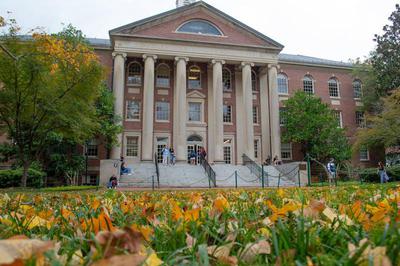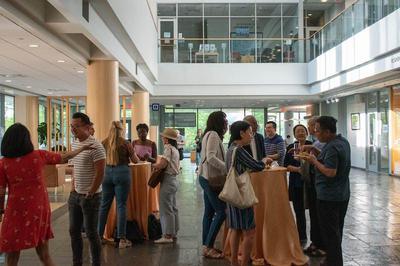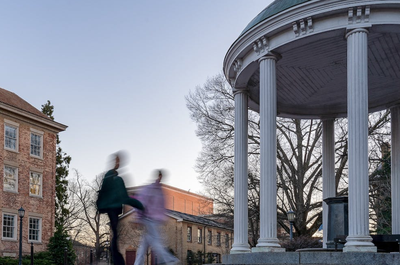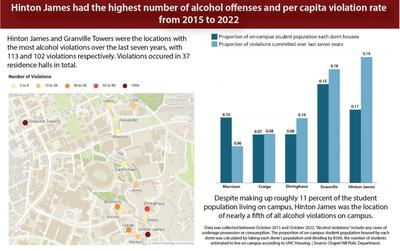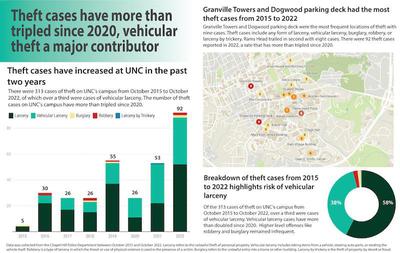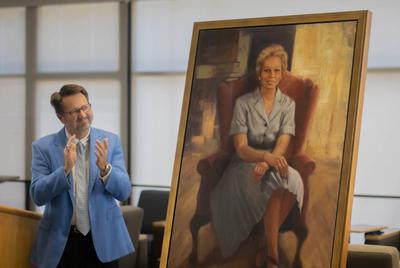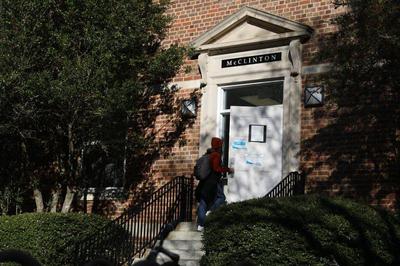Raleigh News & Observer
•
21st November 2024
Meet the Angus Barn’s beloved greeter, a 96-year-old who ‘does not know a stranger’
More than 65 years ago, Walter Hilliard Greene played with members of the UNC-Chapel Hill basketball team that won the NCAA Division I championship.
Greene, 96, no longer plays for crowds of fans. Instead, he welcomes crowds of people as a restaurant greeter in Raleigh’s most famous steakhouse, and he couldn’t be happier.
“I questioned whether or not I would be able to carry on a conversation with people, when I had no idea who they were,” he said, “or sit at the door and repeat myself over an...







